Opotlong L-Ultimate Introduction
It's about a 3nm dual band designed to drastically reduce the effect of light pollution, the 3nm isolates the nebulae's emissions into H-Alpha (red) and OIII (green-blue). It blocks light pollution, maximizes the signal from nebulae, and darkens the sky background. It also blocks artificial light from mercury vapor lamps, high and low pressure sodium vapor lights, and unwanted natural light caused by the emission of neutral oxygen in our atmosphere. Maximizes the transmission of the main emission lines of the nebula in OIII (496nm and 500nm) and H-alpha (656nm). Used with DSLR, color/MONO CMOS and CCD, however, this filter is not suitable for fast ratio systems.
The advantage of L-Ultimate is that it only passes through the emission lines OIII(500.7nm) and Ha(656.3nm), in which case all other light pollution emission lines are eliminated so that only the emission and reflection signals of the nebula are captured during imaging. Therefore, the sky background of the image is darker, and the contrast between the nebulae and the signal-to-noise ratio are improved to the greatest extent. In heavy light pollution areas, the product can also selectively filter light pollution and clutter signals through the emission lines of nebulae, and finally avoid the impact of light pollution on astrophotography.
It is different from the series of dual-narrowband L-eNhance and L-eXtreme in that L-Ultimate is a dual-3nm bandwidth filter that only passes through Ha and OIII emission lines. You will get a darker sky background, more contrast of the image and the suppression on stars. L-Ultimate has also been optimized in terms of halo performance, so that there is no obvious halo when shooting on a bright star object.
Features
| Sbustrate | optical glass |
| FWHM | OIII 3nm Ha 3nm |
| Blocking range | 300-1000nm |
| Blocking | >OD4 |
| Surface quality | 60/40 |
| Transmitted Wavefront RMS: | λ/4 |
| Parallelism | 30seconds |
| | |
Reference Spectrum
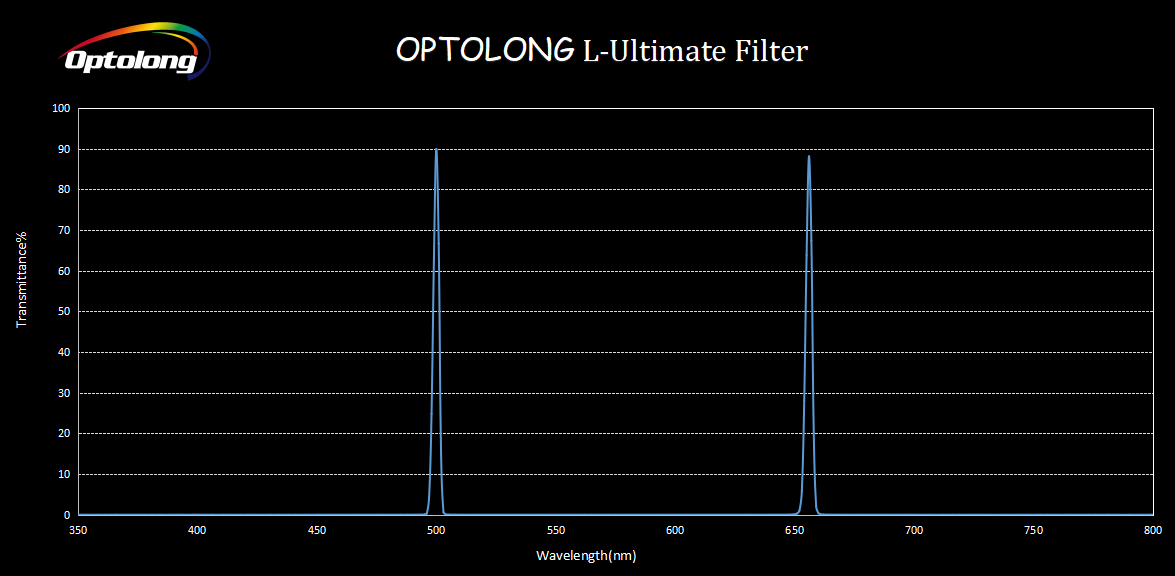
※This curve is only for reference, and is not used as the final product data.
Coating Technology
·Multi-layers anti-reflection coating
·Non-cementing optical substrate coating
·Optolong filter adopts precision coating based on Ion-assisted deposition coating technology for durability and resistance to scratching, as well as stability on CWL(central wavelength) no deviation affected by temperature change.
·Planetary rotation system offers precision and homogeneity of coatings ensuring high value on transmission of pass-band and Optical density of off-band.
L-Ultimate Filter Performance
Nebulae Flying Bat and Squid in the constellation of Cepheus.
Squid (OU4) is a region characterized by very weak OIII emission with a bipolar shape reminiscent of planetary nebulae. Recent studies suggest that Ou4 is actually internal to SH2-129 (the H-alpha-emitting flying bat nebula, reddish in the image), generated by a triple star system located in the center (HR8119, visible as the bright star in the center of Squid).
The distance from our solar system is estimated at about 1300 light years.
The lights were taken over 2 years, with total integration equal to 29 hours (21.5 for OU4 and 7.5 for SH2-129).
This project gave me the opportunity to test the Omegon veTEC 571C camera and the Optolong L-Ultimate filter with excellent results for both products.
Lights: 258x300s (Ou4, L-Extreme) + 30x900s (Sh2-129, L-Ultimate)
Telescope1: Apocromatic TS PhotoLine 102 f/5,6 Triplet FPL53
Telescope2: Takahashi FS60CB @ f/4.2
Camera1: ZWO ASI 294mc Pro
Camera2: Omegon veTEC 571C
Mount: Skywatcher AZ-EQ6 GT
Filters: Optolong Astronomy Filter L-Extreme + L-Ultimate
Processing: DeepSkyStacker, Photoshop CC, PixInsight
Credit:Tommaso Massimo Stella (Italy)
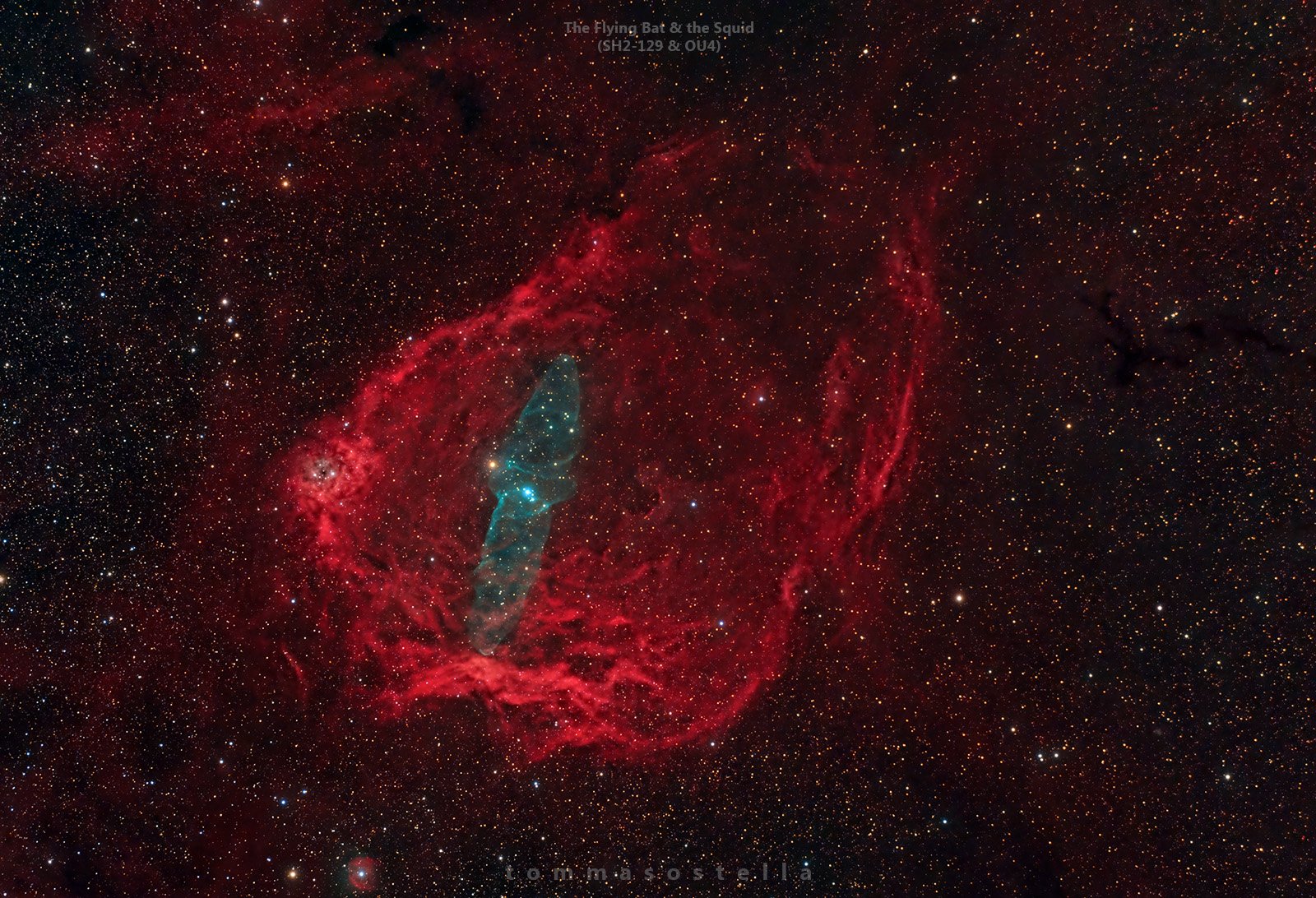
Objects: Veil Nebula
Camera: QHY168C
Telescope: Pentax 100 SDUF II F/4
Mount: Skywatcher AZ-EQ5GT
Filter: Optolong 3nm L-Ultimate Filter
Frames: 13 x 240sec lights
Credit:Tommy Lim KW (Malaysia)
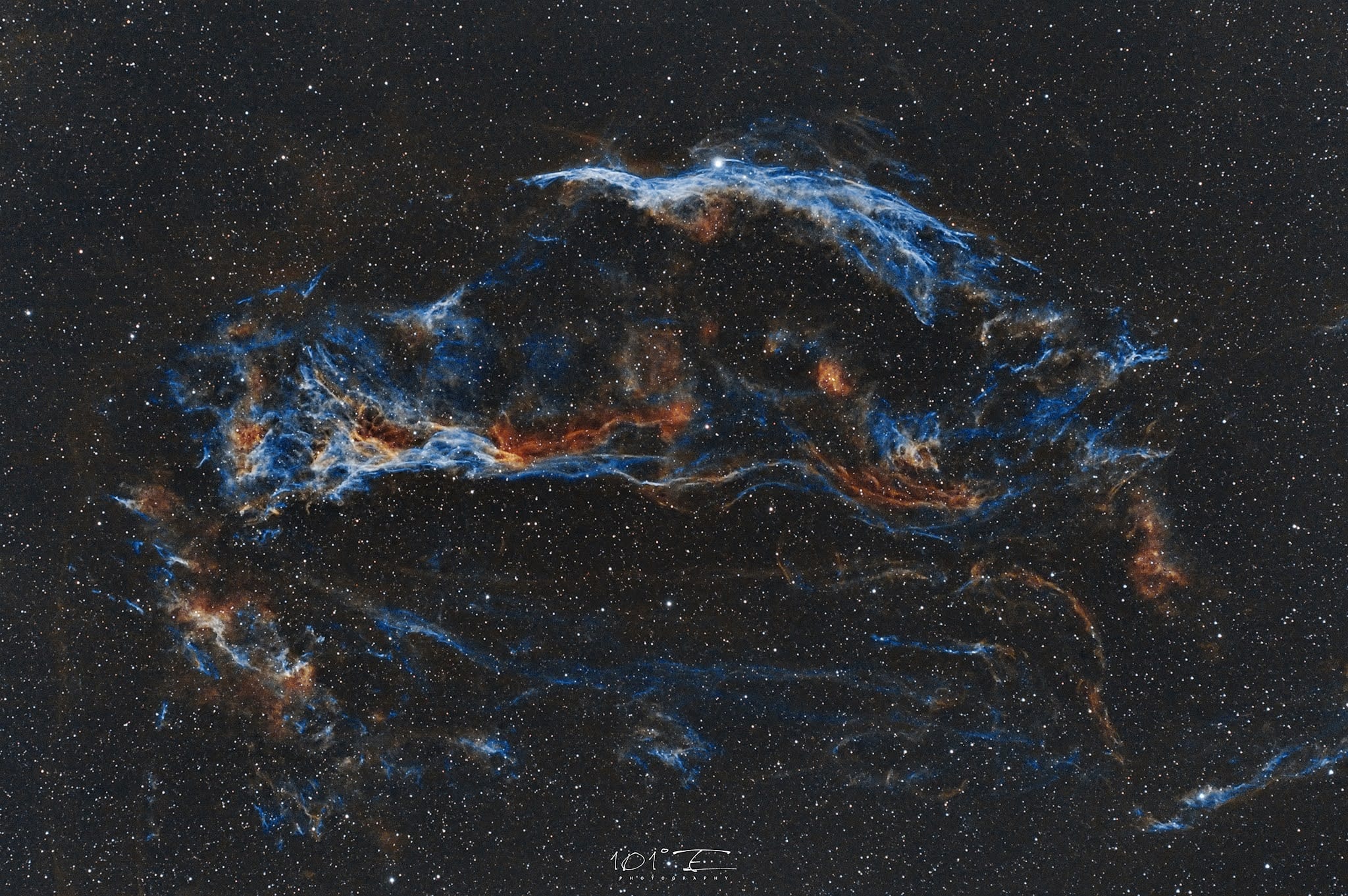
Warm prompt
●About color: due to the influence of ambient light, color difference of the display and flash photography, the color of the product may have some color difference. Detailed color is in accordana with the final product.
●About coating: the interference filter will show different colors under different light, which is a normal phenomenon. Please refer to the material object.
●About the style: in order to improve the product, the change of design/appearance/parameters has not been updated in time. Please see the subject produce.
●About the description: the series of this product have the same material, technology and design, different sizes only, please note.


















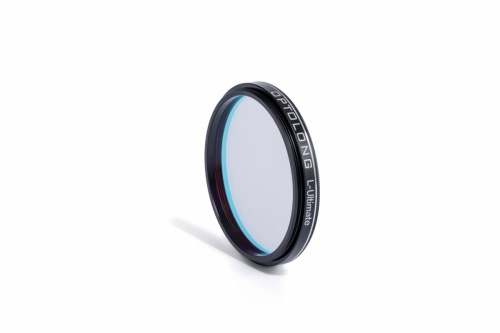
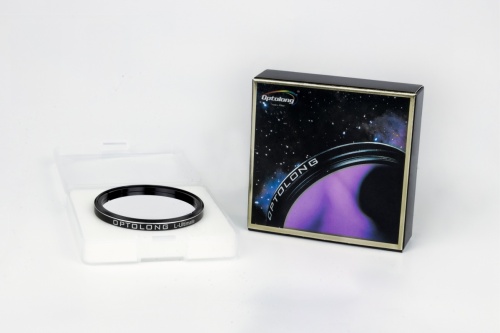

 Fast & Reliable Delivery
Fast & Reliable Delivery Helpful & Friendly Staff
Helpful & Friendly Staff Best Prices Online
Best Prices Online 100% Secure Shopping
100% Secure Shopping